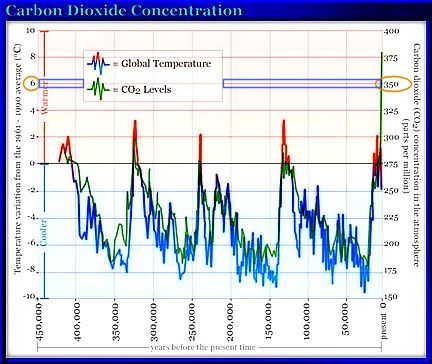Everyone that isn’t a partisan Republican is celebrating the recent string of good economic news regarding the GDP, unemployment rate, and manufacturing numbers. And for good reason. After three years of stagnant economic conditions, and all sorts of global financial problems, the working class of America is finally getting some belated relief.
However, let’s not kid ourselves. There are economic indicators that are not only not recovering – they are getting worse.
Instead of getting caught up with this brief respite of good economic news, with the implication that we can relax now, we should instead be viewing this interlude as a last opportunity to avoid another economic crisis. We should be pushing harder for reform, not relaxing.
That’s why I want to bring your attention to these issues.


 Wall Street Journal article
Wall Street Journal article